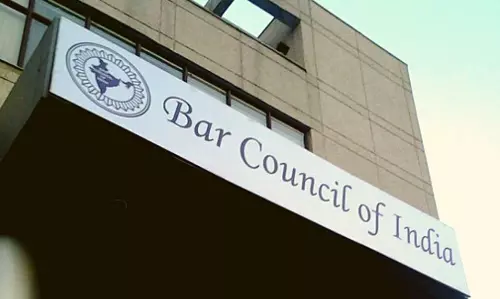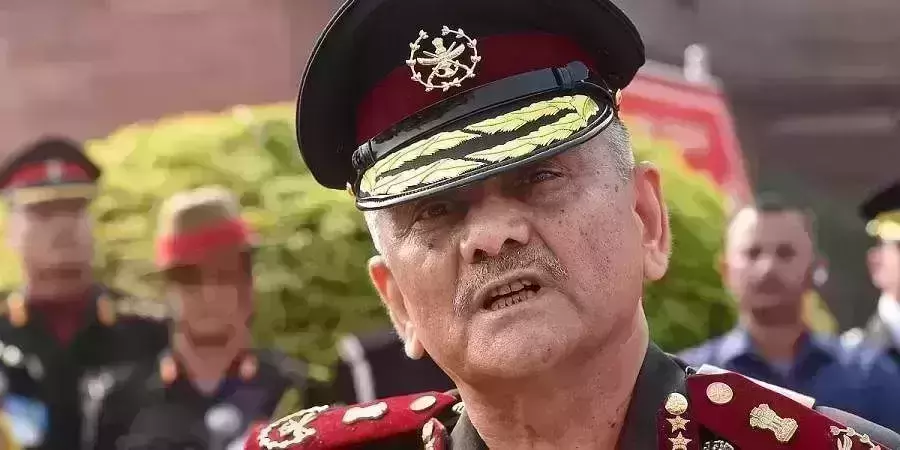
The crisis in Congress
text_fieldsThe debacle suffered by Indian National Congress in Lok Sabha elections has plunged it into a huge crisis. Rahul Gandhi has been persisting that he would resign, accepting responsibility for the defeat. Intense efforts to dissuade him from that step by his mother Sonia Gandhi, sister Priyanka Gandhi, senior leaders Ahmed Patel, Jyothiraditya Singhya and Sachin Pilot, have not been successful so far. As of now, Rahul is insistent that he will step down to erase the impression that Congress is a family property of Nehru family and that he proposed to continue as an ordinary worker.
What impelled Rahul to take such a firm stand is the acknowledgement that dynastic leadership of the party has greatly contributed to the party's dismal defeat. Rahul was peeved that when he flew and drove far and wide for the campaign, hitting out severely against the big corruption in Rafale aircraft deal, there was no Congress leader to even lend support to that campaign pitch. And at the party leaders' meeting, Rahul came down heavily on certain leaders saying that Madhya Pradesh chief minister Kamalnath, former finance minister in UPA cabinet P Chidambaram, Rajasthan chief miniser Ashok Gehlot and Assam's former chief minister Tarun Gogoi were all spending their time not to secure maximum seats for the party, but to ensure win for their sons.
It is a fact that the dynastic mind-set has played a major role in leading the party to this rout. Dynastic politics has always been a weakness of Congress at national and state levels. Tracing the party's history of Motilal Nehru as Congress president, his son Jawaharlal Nehru as party president and the country's prime minister, his daughter Indira Gandhi as Congress President and prime minister, her son Rajiv Gandhi as prime minister and Rajiv's wife Sonia Gandhi as party president, one may make an easy conclusion that Nehru family is responsible for such a state of affairs.
But it can also be pointed out, and partly correctly, that not all had come to their positions through their lineage, and it was Congress's top leadership itself that decided against bringing any one from outside Nehru family to head the party. Though historians have recorded certain disputed disclosures about Indira Gandhi in this regard, one cannot argue that the Rajiv-Sonia-Rahul trio were elevated to the top on their own wishes.
It is especially true that following Rajiv Gandhi's assassination, his widow Sonia and children had preferred to keep themselves out of politics entirely. It was when those who came into leadership, the ilk of Narasimha Rao and Sitaram Kesari, were at the point of digging the party's own grave that on the insistence of the party, Sonia Gandhi took over its presidency. When UPA won its first turn to form a cabinet, she sucessfully resisted the pressure to become prime minister too. It is also history that she put Manmohan Singh in that role.
In short, the adherence to leadership exclusively from Nehru family, is either a weakness or a realism of the Congress. For a party of mob that does not have a well-defined ideological foundation, this is the only way to exist and progress. But if the party sets about with the premise that Nehru is a model, then drags every son and daughter of the family into politics and forsakes party interest for the anointing and success of those leaders, it is bound to end up in rejection by the people. Then, the defeat like the one that happened now, will become unavoidable too.
But dynastic obsession is not the only down side of Congress. It needs to be recognized that in most states, the party has lost its base at the grassroots level. If it abandons its core tenets of democracy, secularism and socialism, and in their place opportunism, disdain for principles and corruption become its hallmarks, there is no escape from the inevitable fall. It would be a vain hope that a party without discipline or stability can check the march of BJP that has assumed power through a well-planned campaign, after using every campaign method in its command, with the full financial support of corporates, and on the back of the well-oiled organizational machinery of RSS.
Given this scenario, what the Congress Working Committee should do on urgent basis is to keep at bay all personal intersts, groupism and nepotistic care of offspring, and then create a trust in Rahul that in its hour of crisis the party is firmly behind him. If at least this cannot be ensured, nobody would be able to bring to shore the national movement, heir to a 134-year old legacy. And if that happens, it will be something more than what democratic India can bear in the present time.























